Buzz phrases like “the war on the humanities” and “the corporatization of higher-ed” are commonly heard and discussed in college circles today. But, at a private liberal arts school, it often seems like debates around public funding structures and STEM fields aren’t happening too close to home. The truth, however, is that this is a debate that surrounds us both on and off campus. Decisions about the future and character of Macalester are being made every day. This week we look back at a story from 2012—a time when most current Macalester students were just beginning to take online quizzes about what kind of school was best for them—when this discourse reached a critical point, and the future of Macalester as an institution was brought into question.
During the 2011-2012 school year, Macalester’s Educational Policy and Governance (EPAG) committee, a group made up primarily of faculty and administrators such as the provost and registrar, decided that the future of the Russian studies department should be subject to a vote. After a debate that aroused campus attention, spanned many faculty meetings and brought a great number of important questions to bear on the Macalester community, a coalition of faculty and students saved the Russian studies department from being discontinued. The Mac Weekly sat down with James Von Geldern, Chair of the Russian department, as well as student workers and Russian Studies students Christopher Mendoza ’17 and Dagmara Franczak ’17 to discuss the repercussions of this era on the Russian department today and the course of the college as a whole.
“It arose from Brian [Rosenberg]’s belief that the college has difficulties moving forward in its curriculum,” James Von Geldern said. “The way he understands it is that we can’t close departments and open new programs.” The initial EPAG decision was made upon examining trends at other schools. They decided Macalester too should be updating its curriculum to keep pace with other institutions’ evolving offerings to guarantee students were learning useful and, especially, employable skills. Russian enrollments were dropping across the country and other schools’ responses were to drop their programming. This phenomenon was, in fact, less true here at Mac. “Compared to many other units on campus, our enrollments [were] in fact robust. [But] we don’t want to have people constantly worrying about the future because of enrollments. Not only does it undermine morale, it tempts people to water down the education. You know, you can always get better enrollments by giving everyone ‘A’s, but that’s not a college,” Von Geldern said.
The debate expanded much beyond solely the subject of comparative enrollments in the Russian department. The threat to close a department because of a national trend towards cutting humanities courses demanded a larger response. “I think a lot of the faculty support came as we made the argument that this isn’t just about the enrollments of one department. It’s about the character of Macalester College.” Quite apart from the numbers, it was the integrity of the Macalester model, the classic liberal arts interdisciplinary framework, that was at risk in valuing enrollment over quality of education.
Speaking of the threat at hand, Von Geldern articulated, “It’s what we would call the corporatization of education, the feeling that we’re not here to create well-informed citizens but people that can get jobs. And that’s not what the liberal arts education has ever been.”
Russian studies students Mendoza and Franczak couldn’t imagine a Macalester without Russian Studies. “If it got shut down, I wouldn’t have been a Russian major, and that’s really sad to think about,” Franczak said. Both students cited the small size of the department for offering more flexibility and opportunities to build close relationships with professors.
Mendoza explained why he is personally cautious about this trend prioritizing science over humanities. “I’m personally a social scientist who dabbles in the humanities, so I don’t think science can exist without the humanities… That ignores the human experience that’s so integral to really understand what’s going on in society. So the fact that there are so many institutions that are pushing the humanities to the side and defund[ing] them is ignoring so much important scholarship that’s really helping and informing the natural sciences as well.”
Russian studies enrollments have continued to be relatively strong since the debate, and there haven’t been any other attempts to close Macalester humanities departments, but there are still trends to treat with healthy skepticism, Von Geldern said. “So I teach in [International Studies],” he explained, “which is kind of the crowned jewel of the college, and if you saw the IS budget, which is one of the lowest departmental budgets, you’d be amazed. It does tell you where the administration’s priorities are.” Another example of moving Macalester in a new direction was the new entrepreneurship program. Von Geldern and Mendoza both referenced it as a corporatizing shift the college is currently making.
A related issue is the increased funding of Macalester sports in recent years. Many have expressed concern over the funding of Macalester sports vis-a-vis the humanities. “One thing that happened the year of the debate—you know that big fancy scoreboard we have? We didn’t have that. And they bought that and put it up right in the middle of the debate,” Von Geldern recounted, laughing.
Often times, it seems like debates about the future of our school happen outside of our reach. It seems like there aren’t many opportunities to communicate to the administration what our priorities as students are. Upon being asked his advice to students for how to make their voices heard, Von Geldern said the following: “As a student, you have a lot of agency in your choices. You get to choose what courses you’re studying, and we watch. If everyone starts going to the economics department we’ll know that’s where you want your education to go. If everyone keeps taking classical liberal arts courses, that you think of this as a way to discover things about the world whose ultimate purpose you don’t know, but you’re still curious…You know, Macalester students don’t come here for a professional education. You can go to law school after, that’s cool, but that’s not why you’re here.”










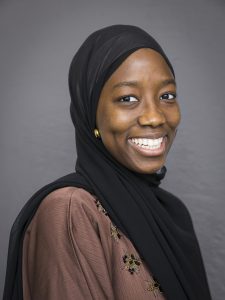


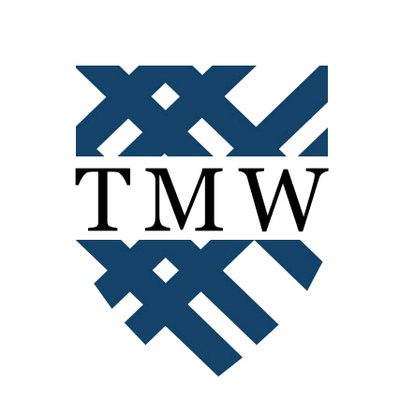
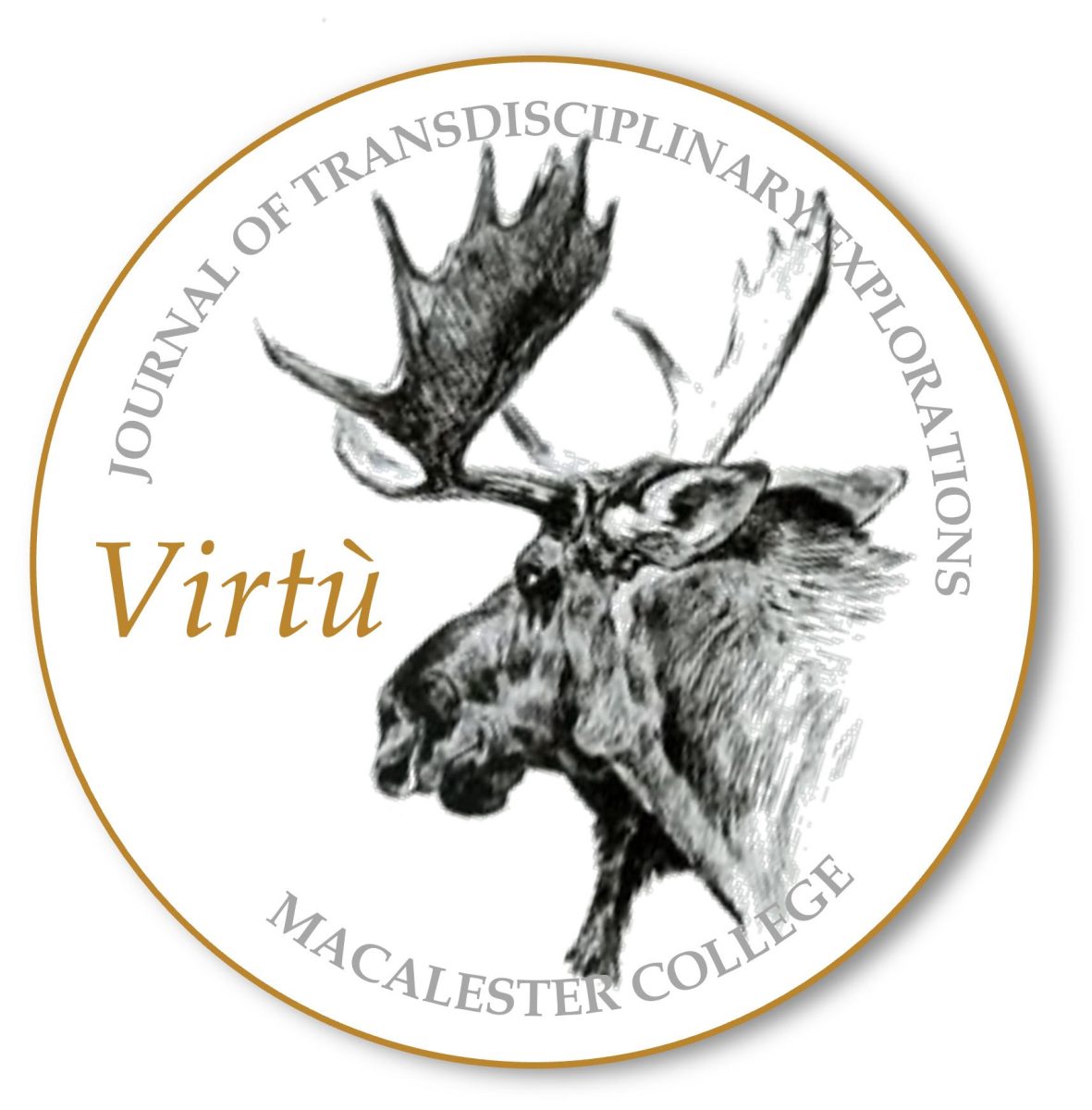
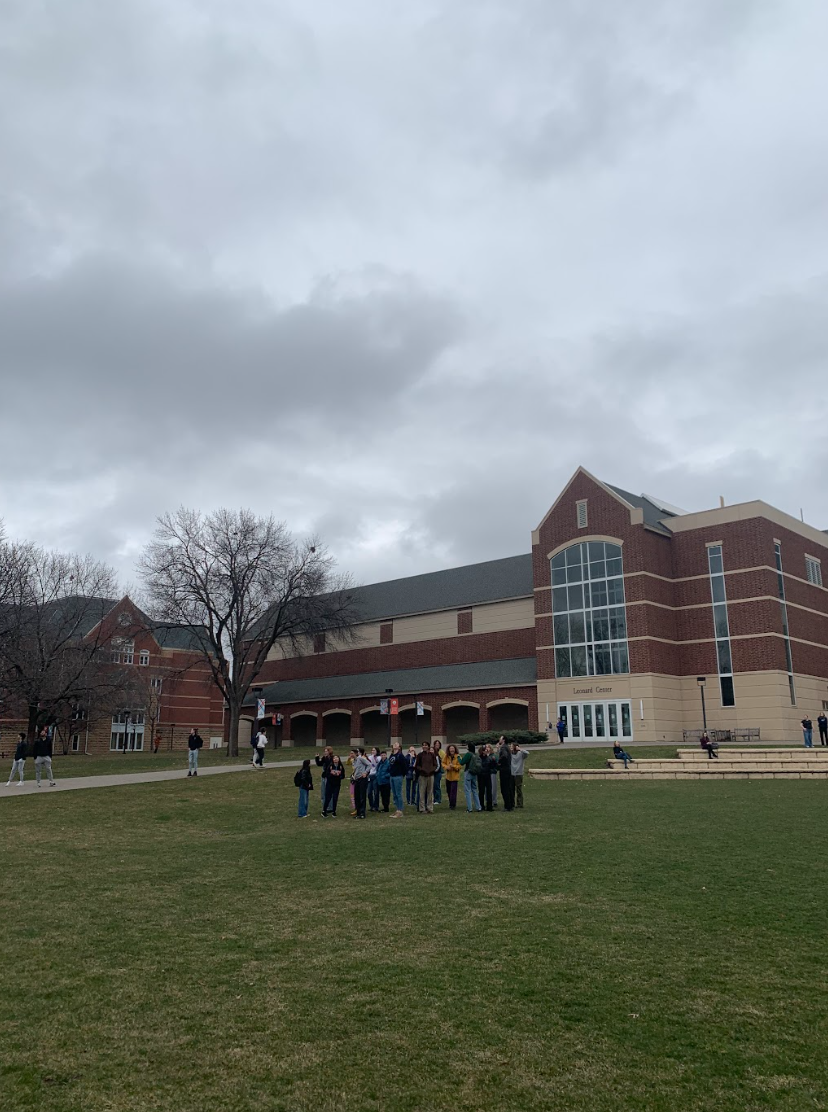
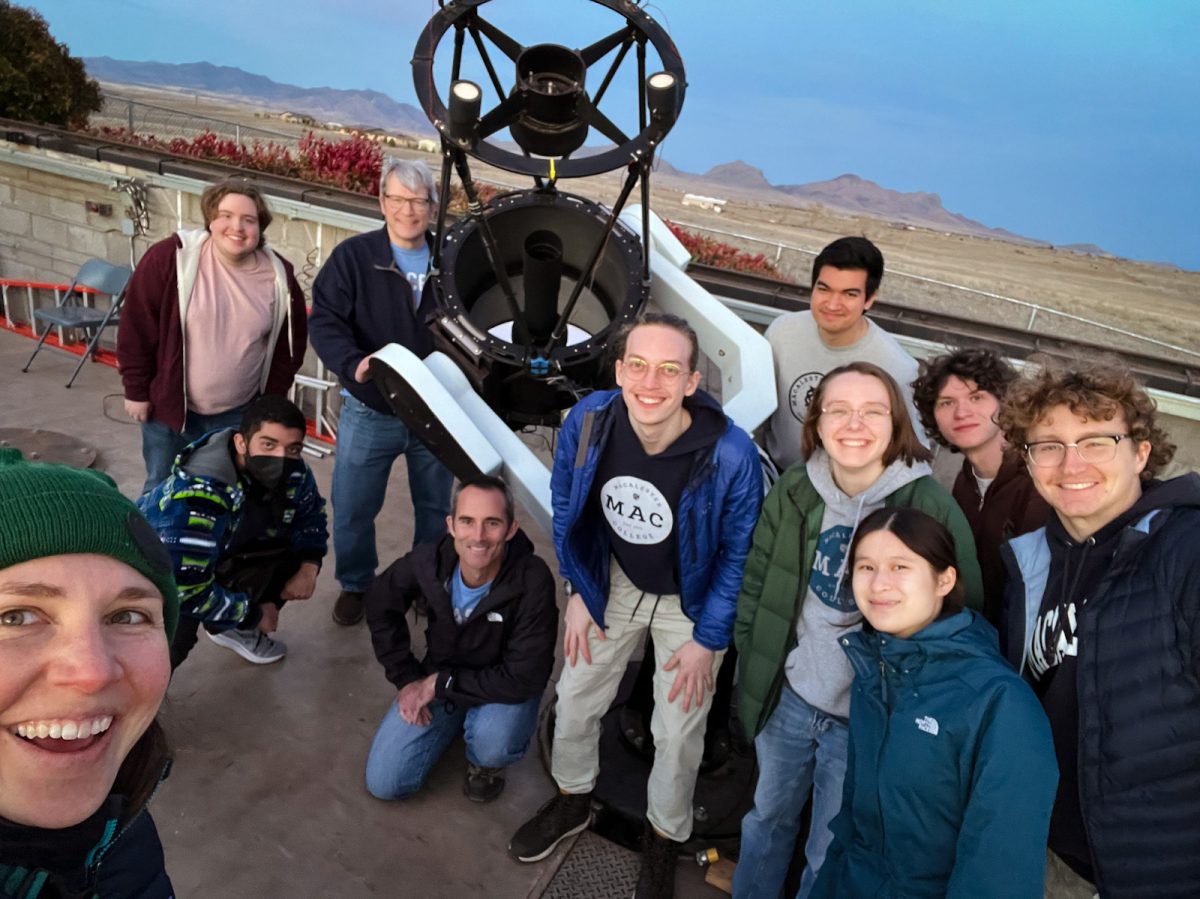

Dan Hunter • Sep 10, 2019 at 10:07 am
There are actually a lot of particulars like that to take into consideration. That could be a great level to convey up. I provide the ideas above as common inspiration but clearly there are questions like the one you deliver up the place the most important thing shall be working in sincere good faith. I don?t know if finest practices have emerged around things like that, however I am certain that your job is clearly recognized as a fair game. Each boys and girls really feel the impression of just a second’s pleasure, for the remainder of their lives.
Carolyn Piper • Sep 7, 2019 at 4:03 pm
I have really learned result-oriented things from the blog post. Yet another thing to I have discovered is that normally, FSBO sellers will reject a person. Remember, they will prefer to not ever use your services. But if anyone maintain a steady, professional partnership, offering assistance and keeping contact for around four to five weeks, you will usually manage to win interviews. From there, a house listing follows. Thank you
Cynthia Gilchrist • Jul 22, 2019 at 5:41 pm
Mass parsite http://bit.ly/2W9CVkn